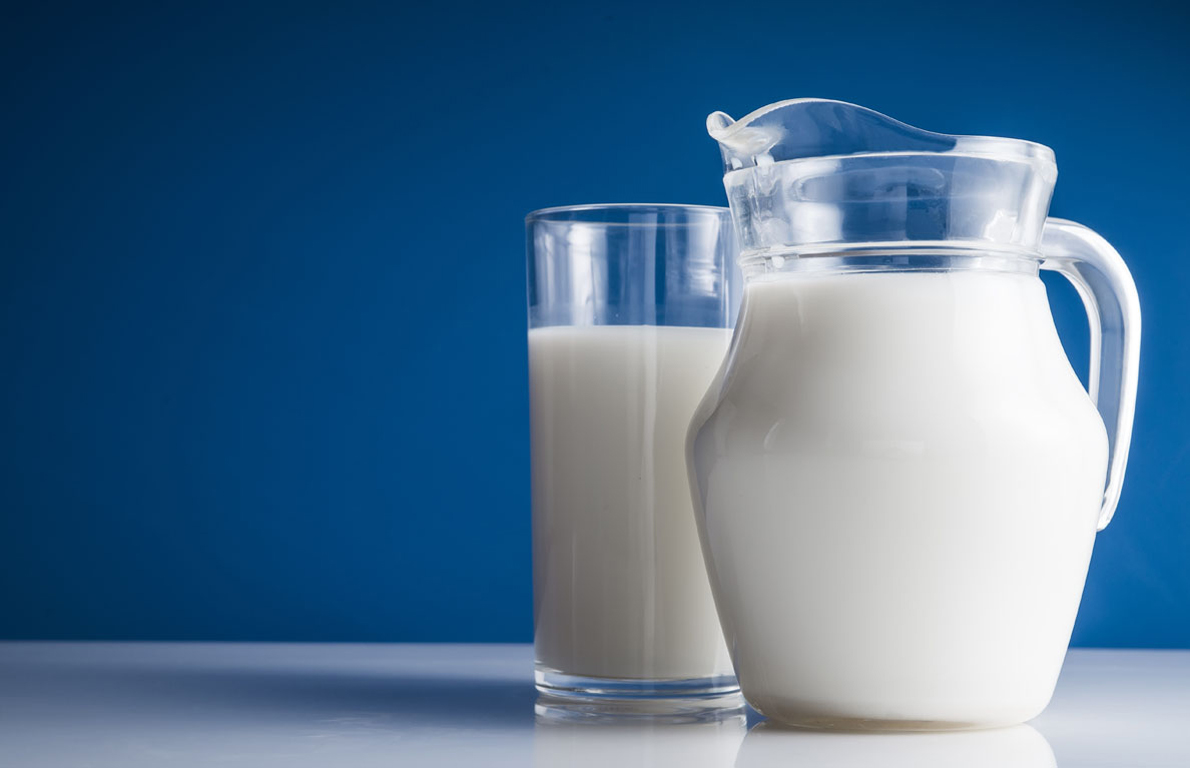Most important myths about milk, as well as information about the most common misconceptions about milk, one of the most consumed beverages.

As can happen with coffee or chocolate (learn more about the myths about chocolate), when a food is highly consumed, and also provides important benefits and nutritional properties, it is usual that it is surrounded by a series of myths and beliefs that they may or may not be accurate.
In the case of milk, surely that on some occasion you will have heard some myths or ideas that are definitely not or not at all credible, but that can lead to error and create doubts about its consumption.
It is a food with important nutritional virtues, becoming in fact our first food since we are born (in this case, breast milk).
Whether you consume it daily and regularly or if you do it little, surely you will be interested in discovering a little more about the different myths about milk that currently exist and that have remained almost “intact” for years in the popular roots.
Myths about milk:
Milk makes you fat.
It is clear that, although it is not a myth in itself, it is a broadly wrong belief, since in the first place it will depend on the variety of milk that is consumed (whole, semi-skimmed or skimmed).
Although it is a very fatty food, its calcium content makes it an ideal drink in diets, since it makes it difficult for the body to absorb fat.
In this case, the most recommended option is to drink skim milk.
Whole milk has more calcium.
Although it is common to think that whole milk, because it is fatter, has a greater volume of calcium, the truth is that it does contain more vitamins A and D, but not more calcium.
However, at present this problem has been solved by many milk producing companies by enriching the semi-skimmed and skimmed options with these vitamins.
Milk cannot be mixed with fruit.
This is a fairly common belief, but it doesn’t really have any scientific justification.
It is common to believe that both the fruit and the fruit juice itself, taken together with a glass of milk, can cause a digestion cut. However, it is an erroneous belief in most fruits (except citrus).































